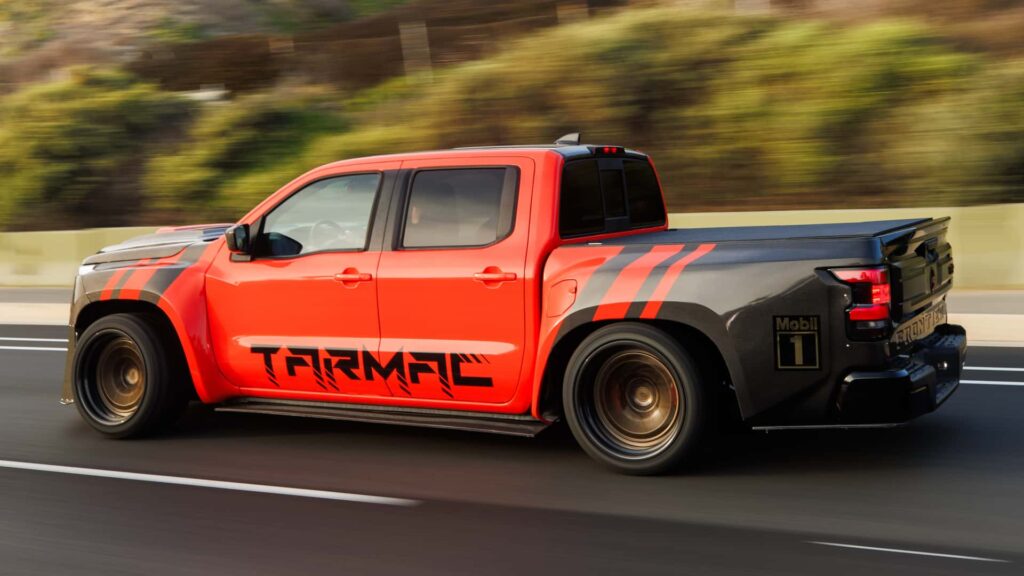
Imagine you’re a government investigator. You suspect that airbags in as much as 15% of vehicles on the road might have a deadly safety defect. Yet, major automakers urge you to “investigate further” instead of initiating one of the largest recalls in history. What do you do?
The National Highway Traffic Safety Administration (NHTSA) faces this dilemma with airbag inflators manufactured by ARC Automotive and Delphi Automotive. These components, installed in vehicles produced between 2000 and 2018, have been linked to at least one fatality and seven injuries in the U.S. How? Just like the infamous Takata-built airbag inflators, when they become defective they can shoot metal shrapnel–alongside the airbag–at vehicle occupants during a crash.
Potentially affected automakers
While a comprehensive list of affected models isn’t publicly available, the following automakers have used ARC or Delphi airbag inflators in certain vehicles during the specified years:
- General Motors
- Ford Motor Company
- Stellantis: Includes brands such as Chrysler, Dodge, Jeep, and Ram.
- Toyota Motor Corporation
- Volkswagen
- Hyundai Motor Company
- Kia Corporation
- BMW
- Mercedes-Benz
- Jaguar Land Rover
- Porsche AG
- Audi AG: The 2016 Audi A3 e-Tron has been mentioned in incident reports.
It’s important to note that not all models from these manufacturers are necessarily equipped with the potentially defective inflators. Vehicle owners should consult their respective manufacturers or the NHTSA for specific information regarding their vehicles.
Investigation timeline:
2015: NHTSA initiates an investigation into ARC and Delphi airbag inflators following reports of ruptures.
May 2023: NHTSA calls for a voluntary recall of the affected inflators; ARC rejects the recommendation.
July 2023: NHTSA expresses concerns about serious safety risks associated with these inflators.
October 2023: NHTSA holds a hearing, suggesting a recall; automakers and manufacturers oppose, citing minimal risks.
December 2023: Automakers formally object to NHTSA’s recall proposal.
July 2024: NHTSA issues a supplemental initial decision, maintaining that certain airbag inflators contain a safety defect.
December 18, 2024: NHTSA announces it will continue its investigation rather than mandate an immediate recall, seeking more detailed technical and engineering information.
So what are the objections to a recall? Automakers, including GM, Toyota, and Volkswagen, have publicly opposed the NHTSA’s recall proposal. They argue that the risk of inflator rupture is exceedingly low and question the agency’s analysis and rationale for seeking such an extensive recall. Additionally, automakers highlight differences in inflator designs and manufacturing processes across various manufacturers, suggesting that a blanket recall may not be justified.
If and when the automakers do go ahead with a recall, they’ll be required to inform you if you own an affected vehicle. But you can always call the NHTSA’s vehicle safety hotline at 888-327-4236 to see if there are any open recalls on your car.


